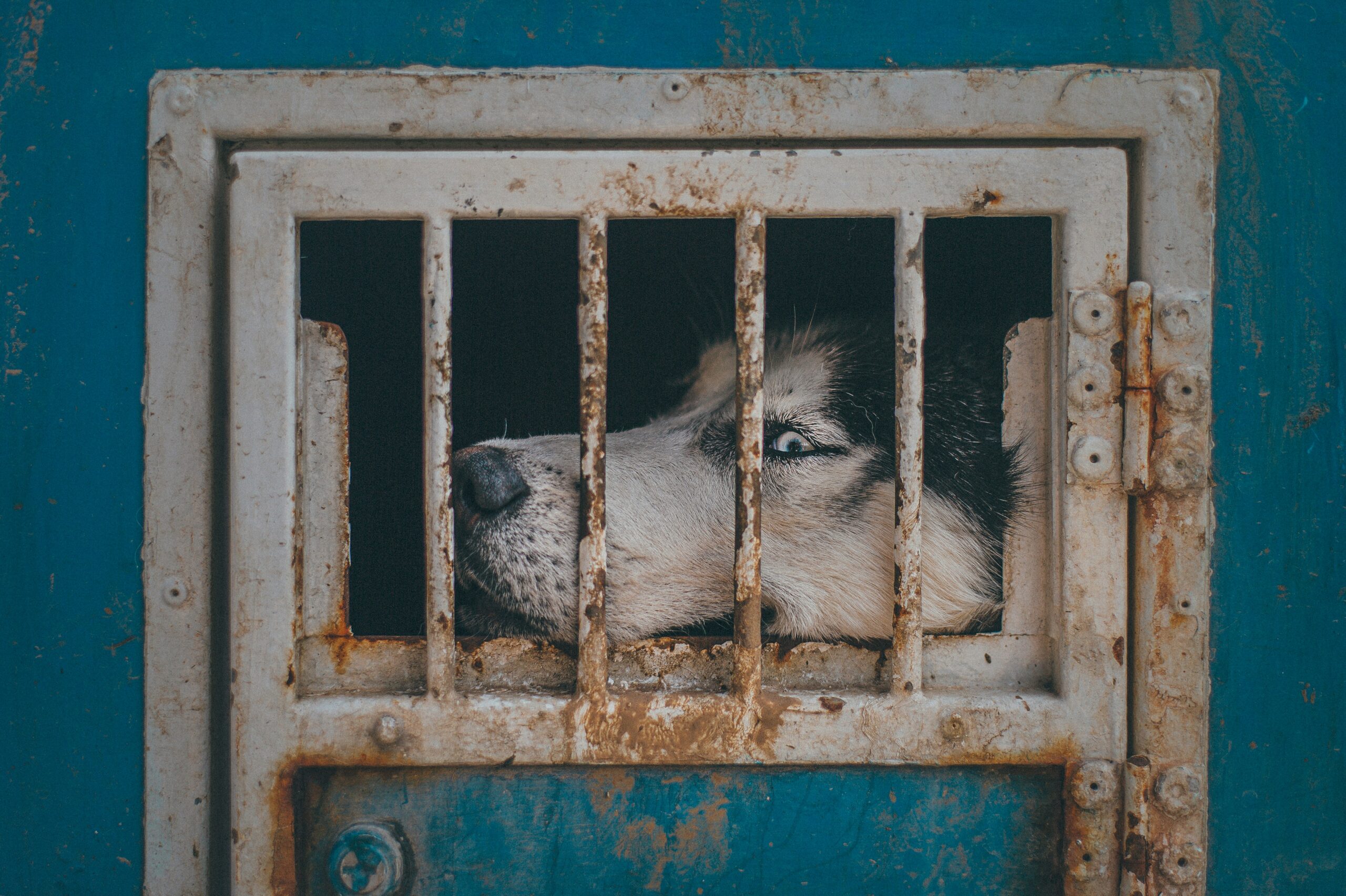
Understanding the Need to Act
Animal abuse remains a pervasive issue that affects millions of animals globally. From domestic pets to wildlife, animals suffer in silence. As individuals, we hold the power to help stop this cruelty by taking meaningful actions. This guide explores how to protect animals from abuse, offers tips on raising awareness, and discusses the importance of supporting local and global animal welfare initiatives. Together, we can make a lasting difference in the lives of these vulnerable creatures.
Understanding Animal Abuse
Animal abuse encompasses a wide range of harmful behaviors directed toward animals. It takes many forms, including physical violence, neglect, and emotional abuse. The most common forms of abuse include:
Physical Abuse: Hitting, kicking, or intentionally injuring an animal.
Neglect: Failing to provide basic needs such as food, water, and shelter.
Emotional Abuse: Creating an environment of fear, isolation, or stress.
Understanding the various forms of abuse helps us recognize signs of cruelty in both household pets and wildlife. Recognizing abuse early enables quicker intervention and prevention.
Signs of Animal Abuse: How to Identify It
Many people are unaware of the signs that an animal may be suffering from abuse. Identifying these signs early on proves crucial to preventing further harm. Here are some of the key indicators:
Physical Injuries – Cuts, bruises, burns, or other injuries that appear to result from intentional harm.
Fear of People or Objects – If an animal seems unusually fearful of humans or everyday objects, it may be a sign of past abuse.
Changes in Behavior – Sudden aggression, extreme submission, or withdrawal could be behavioral responses to abuse.
Poor Health or Malnutrition – Animals who are malnourished or appear neglected in their care may be victims of abuse or neglect.
When you observe these signs, take action. The sooner abuse is identified, the better the chances for the animal’s recovery and well-being.
Ways You Can Take Action Against Animal Abuse
Every individual can contribute to preventing animal abuse. Whether through supporting laws or taking direct action, every step counts. Here’s how you can make a difference:
Report Suspected Abuse Immediately
If you witness or suspect animal abuse, contact your local animal control agency, humane society, or law enforcement. Many areas have dedicated hotlines for reporting abuse. Provide as much information as possible, including the location, the type of animal involved, and the nature of the abuse. Your quick action can save a life.
Support Animal Welfare Organizations
Numerous organizations work tirelessly to combat animal abuse. These include local shelters, rescue groups, and larger national or international organizations. Donating time, money, or resources helps these groups protect and care for animals in need. Volunteer opportunities often include fostering animals, organizing events, or advocating for stronger animal protection laws.
Advocate for Stronger Laws
Laws protecting animals vary significantly between regions. By lobbying for stronger animal protection laws in your community or country, you can help ensure that animals have legal rights and that abusers face severe consequences. Support legislative efforts that increase penalties for animal cruelty and push for more stringent regulations.
Educate Others About Animal Abuse
Raising awareness is one of the most effective ways to combat animal abuse. Please spread the word about the signs of abuse, how to report it, and the importance of kindness toward animals. Social media, community outreach programs, and even school initiatives serve as powerful tools for promoting positive change.
Adopt, Don’t Shop
Supporting ethical practices in pet ownership proves crucial. By adopting animals from shelters, you not only provide them with a loving home but also discourage the breeding of animals for profit. Many shelters and rescues offer animals in need of a second chance, and adopting saves lives.
The Role of Social Media in Raising Awareness
Social media plays a significant role in advocating for animal welfare and spreading awareness about animal abuse. Hashtags such as #EndAnimalAbuse, #AdoptDontShop, and #StopAnimalCruelty help organize campaigns and educate the public on how they can make a difference. Platforms like Instagram, Twitter, and Facebook allow individuals to share stories, resources, and calls for action, which can lead to collective efforts that demand change.
By sharing information about animal abuse cases or rescue efforts, you inspire others to act. Social media makes it easier than ever to reach a global audience and encourage compassion and change.
What Happens After Reporting Abuse?
Once an abuse case is reported, it’s essential to follow up to ensure that the animal receives the proper care and justice. Here’s what typically happens next:
Investigation – Authorities investigate the claim and attempt to gather evidence. They visit the location, speak to witnesses, and check the animal’s health.
Rescue – If the animal is found to be in immediate danger, authorities or rescue organizations intervene to remove the animal and provide necessary care.
Legal Action – If authorities confirm the abuse, they take legal action against the abuser. The severity of the punishment depends on local laws, but many regions now have strict penalties for animal cruelty.
Supporting Animal Protection: A Community Effort
Protecting animals from abuse proves to be a community effort. While individual actions remain essential, the combined force of activists, lawmakers, and the general public is required to bring about long-term change. The more people who actively work toward ending animal abuse, the closer we get to a world where animals no longer suffer from cruelty. Everyone, no matter how small their efforts may seem, can be a part of this vital movement.
Taking the First Step
The fight against animal abuse requires both immediate action and long-term dedication. Whether you’re reporting abuse, supporting local organizations, or simply educating others, your efforts prove valuable. Animal protection remains everyone’s responsibility, and by taking a stand, you’re not just helping animals – you’re helping build a kinder, more compassionate society.
Remember, when it comes to protecting animals from abuse, no action is too small. Together, we can make a world of difference.